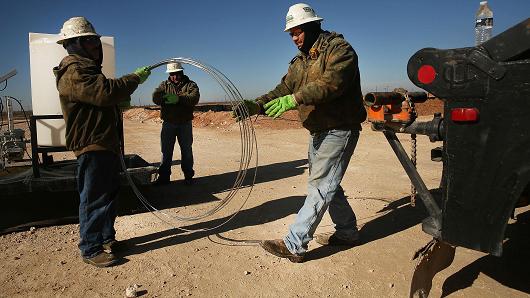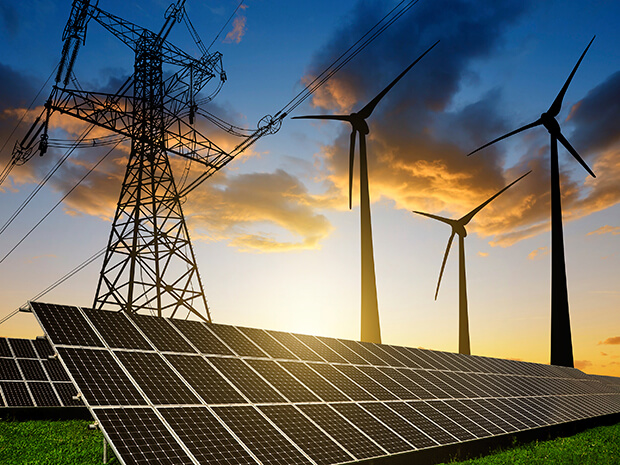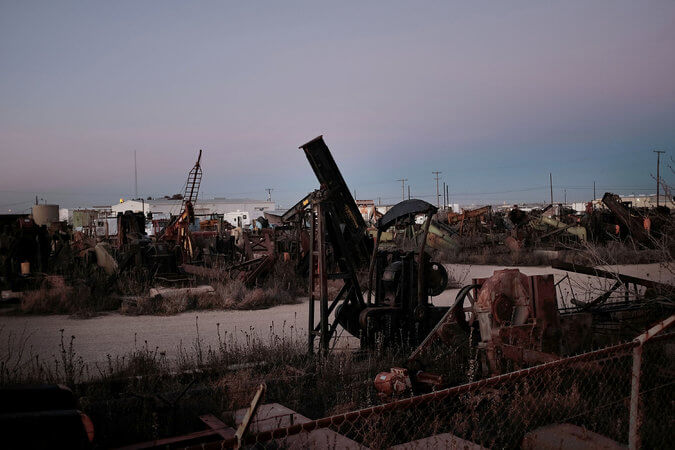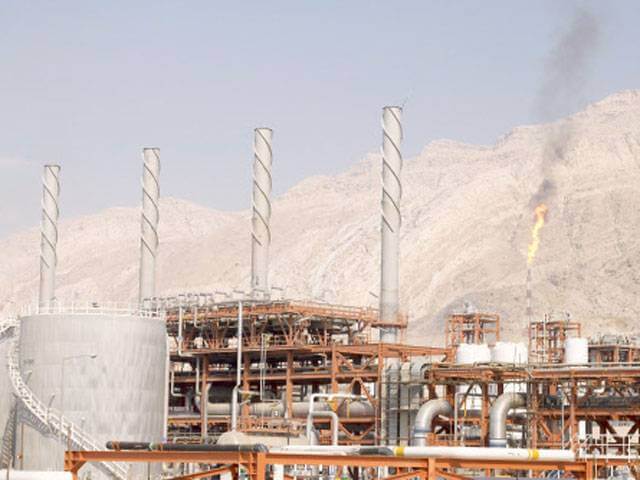(ensia.com) The global clean energy industry has plenty of reasons to feel good these days.
First, there was last month’s historic COP 21 Paris climate agreement , forged by 195 countries , which eclipsed most people’s expectations in its breadth and scope toward achieving a low-carbon economy. Then, the U.S. Congress approved a five-year extension of wind and solar federal tax credits — a step that Bloomberg New Energy Finance estimates will spur an additional US$73 billion in investment and nearly 40,000 megawatts of new wind and solar projects by 2020.







